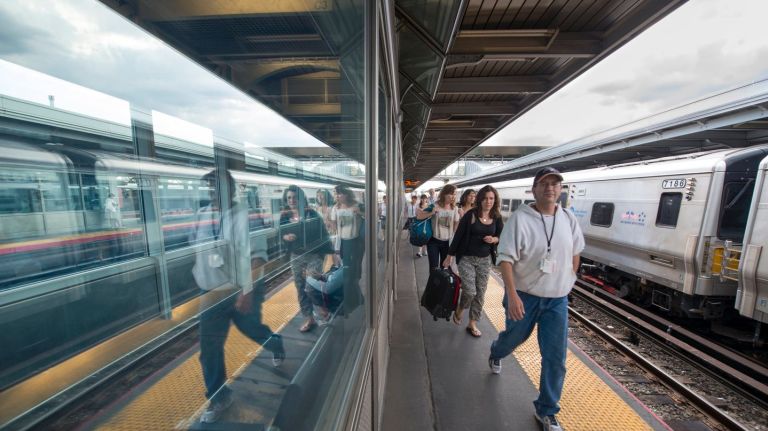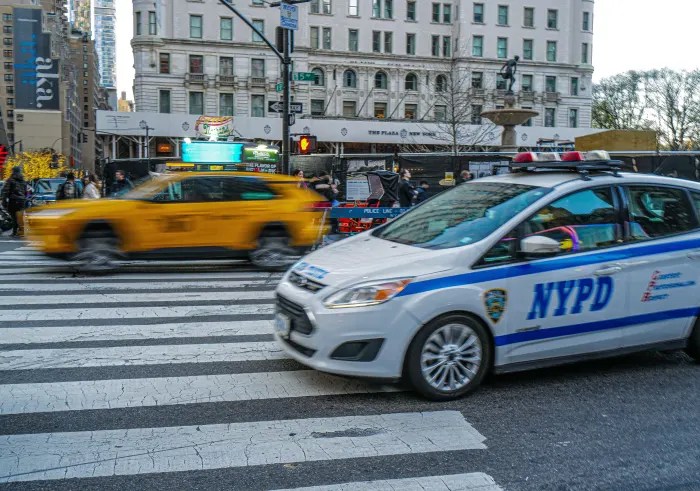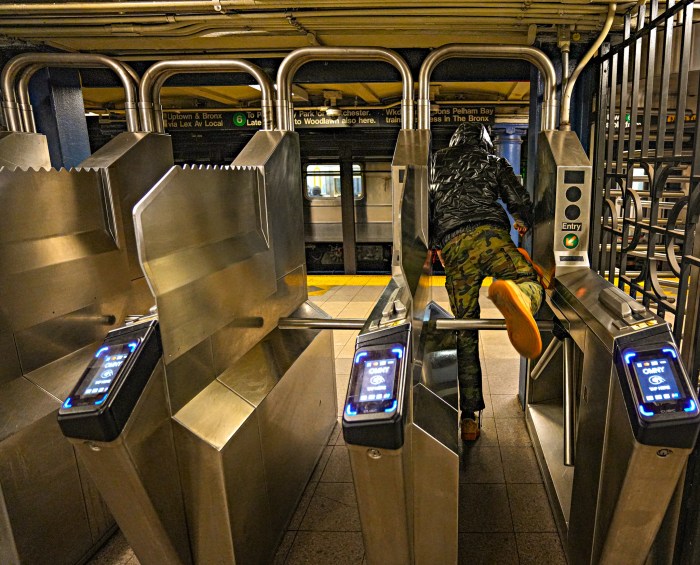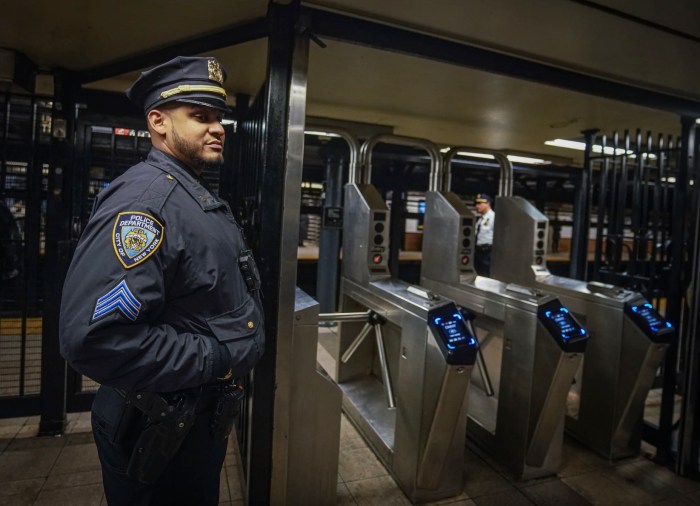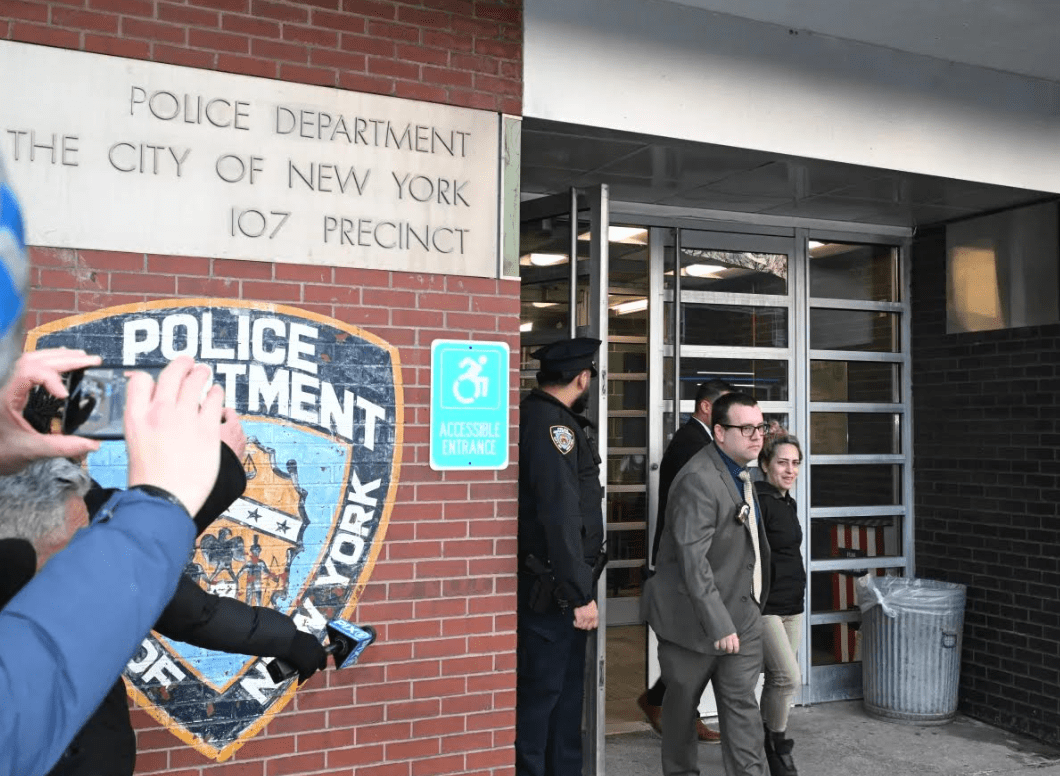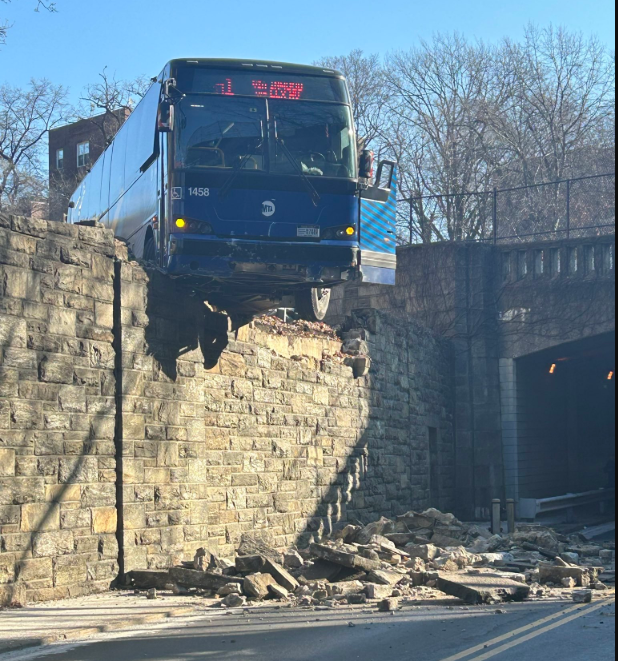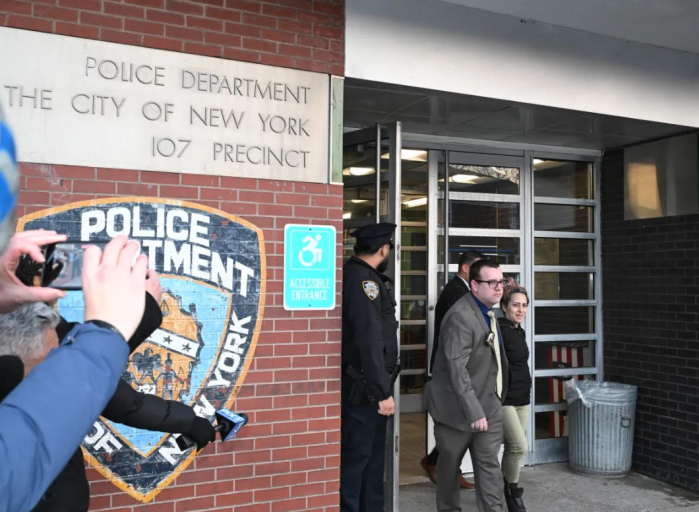The Long Island Rail Road released a new feature in the TrainTime app that tells commuters where to stand on the platform if they want to avoid crowding on the train coming into their station.
Through seat tracking on the LIRR’s electric fleet, which accounts for nearly 90%, the app will inform folks of where the available space is as New York City makes its way through the first phase of reopening after the height of the COVID-19 pandemic.
At Jamaica Station on Tuesday, LIRR President Phil Eng explained that this technology is first of its kind in North America and will help New Yorkers return safely to work.
“Prior to the pandemic, we were faced with record ridership and knew we had to find ways to manage crowding on our trains. This is something we’ve been working on for the past year, but now as we strive to bring back New York’s economy, this information is more vital than ever,” Eng said.
Some features on the train will calculate passenger count by the total weight of every car, while infrared sensors above the doors will determine how many passengers are entering and exiting the train at every stop, Chief Innovation Officer Will Fischer said.
“We know that many of our trains can become unevenly distributed throughout their journey, oftentimes cars are packed up front while cars near the back remain empty. Now customers will have this information and can make that decision for themselves where they’d like to board if they’s like a little more room,” Fischer said.
Fischers says that not only does the TrainTime app offer this updated feature, but customers can track the train in real-time with accuracy with upgrades to GPS systems onboard.
According to Eng, the trains are undergoing daily cleaning much like on the subways and buses. He believes the app could ease the worries of commuting after the worst of the pandemic.
As for the subways, Eng said the MTA is working across agencies to share information about ridership but could not confirm if similar technology could be used on New York City Transit rolling stock.
Distrust of the subways became a reality early on in the COVID-19 crisis and by June, over 130 transit workers had died from complications of coronavirus. In March the subway’s ridership plunged over 92%.



